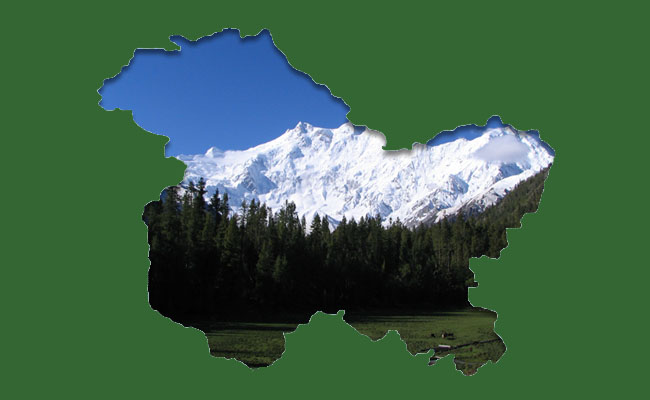Written by: Sawaira Saeed
The 27th of October 1947 was a sad day in Kashmiri history when India violated UN regulations by sending troops into the valley, resulting in state terrorism and a series of human rights violations ranging from torture to forced displacements, sexual violence, extermination, enforced disappearances, detentions, freedom of expression, and mobility. The goal of this article is to look at the historical challenges of the complex dynamics of the Kashmir conflict resulting from India’s invasion and how they might be transformed into chances for peace in Kashmir.
Jawaharlal Nehru, India’s first Prime Minister, stated that he and other officials would not force anyone to join India since they do not want to settle the subject by force and violence. How has India’s present leadership gotten to the point where every violent resort is considered legal, as laws are enacted that require suspects to face trials even if they have not been proven guilty? The creation of laws such as the Public Safety Act (PSA) and the Armed Forces Special Powers Act (AFSPA) has hampered the normal functioning of Kashmiri people’s lives.
The 27th of October is regarded as both a breakthrough event and a dark day in the Kashmir conflict. India forcefully sent its troops to a sovereign state where people had the right to decide for themselves and where people had different needs and desires than their ruler, which was pretty obvious. On the 22nd of October, some tribesmen felt impelled to support their brothers and sisters after hearing about the extensive abuses of human rights and horrors perpetrated on Kashmiris. In response to tribesmen’s aid to Kashmiris, the Maharaja requested military assistance from India, and in exchange, India demanded an instrument of accession, which was after manipulating and engineering, Hari Singh was made to sign without the consent of the people. Pakistan, in retaliation, directed the acting commander-in-chief to dispatch soldiers, but he refused since he was receiving orders from New Delhi. As the sad events transpired, so did the vulnerability and plight of Kashmiris.
Popular emotion and national desire for accession were quite visible, which was in favor of Pakistan since even the Maharaja’s political parties were opposed to India’s entrance. The partition year, Pakistan Day was celebrated with remarkable zeal in Srinagar, and the Maharaja took harsher steps, ordering the demolition of pro-Pakistan posters and newspapers. According to reports, approximately 200,000 Muslims were exterminated following partition in an attempt to reduce the Muslim majority areas to minority status. Mountbatten’s aide enabled Indian officials to obtain the instrument of accession. On October 26th, they claimed to have acquired the Maharaja’s signature. Then, on October 27, 1947, Indian soldiers with a huge number of men and tools entered the valley. Moreover, for this reason, it is known as Black Day in the history of Kashmiris.
Kashmir was partitioned as a result of a war; 65 percent was occupied by India, and 35 percent became part of Pakistan, as normally called Azad Jammu and Kashmir (AJK) with boundaries defined by UN intervention in the conflict. Kashmir has become the world’s largest jail, and now mass graves scenario affecting Kashmiris by snatching even the very basic rights where those exercising their right to free expression are penalized and tracked, after it was discovered that Pegasus, a spyware, was found on Kashmiri activists, and they were being followed.
Another attempt by New Delhi to defy the ideals and traditions of their founding fathers, since India is surrounded by RSS ideology, a fascist philosophy that makes minority life miserable. To appease the RSS ideology and achieve political advantage, Narendra Modi’s government made the contentious decision to rescind Article 370 without the permission of locals in August 2019. The negative implications of this move cannot be disregarded or minimized because the goal of the Indian administration is to generate a demographic shift before the referendum advised through United Nations Resolutions.
The move of October 27th, 1947, and August 2019 was an attempt to construct a more nuanced tapestry of Kashmir’s past and present status. It appeared, as evidenced by declassified papers, that India never intended to hold a plebiscite, only deceived Pakistan and the United Nations. In a letter to Karan Singh; Nehru, stated that little can be expected from the UN meetings. Furthermore, in 1964, Vice President Menon admitted that we were completely dishonest about the plebiscite. Now the world and the UN can see for themselves that India was and will continue to be dishonest in the subject of Kashmir. Therefore, it is the international community’s job to take tougher measures and help natives reclaim their homeland which they have wished for some seven decades ago.
The writer is a student of Peace and Conflict Studies at National Defense University, Islamabad and is currently serving as an intern at Kashmir Institute of International Relations.
